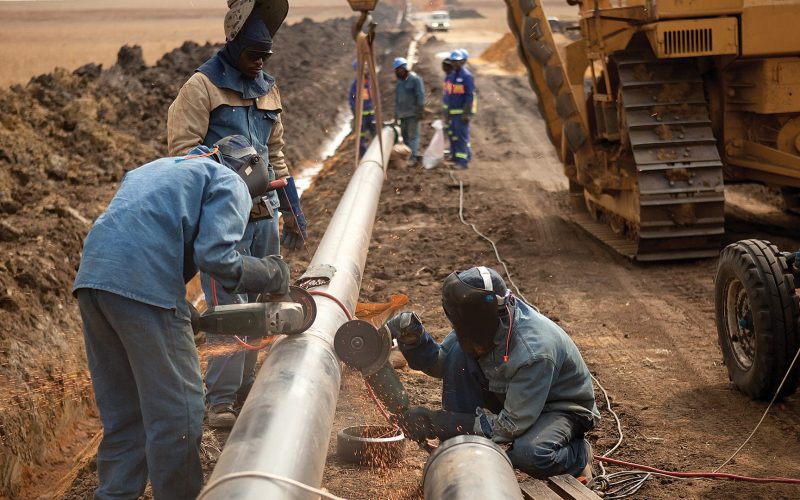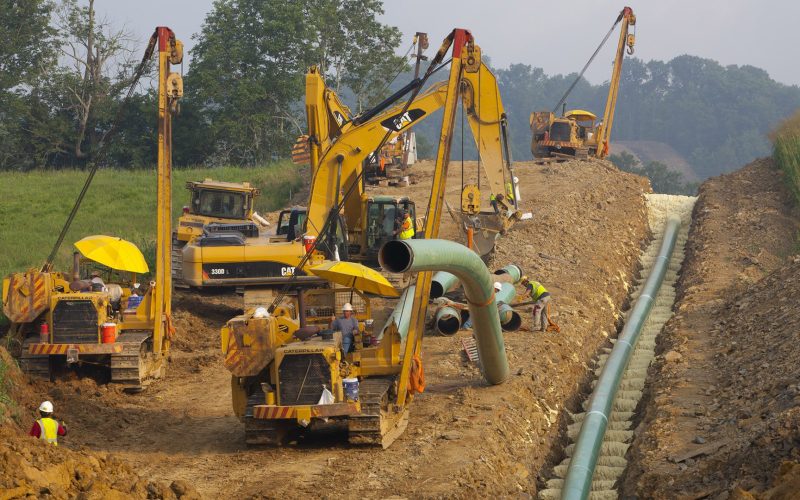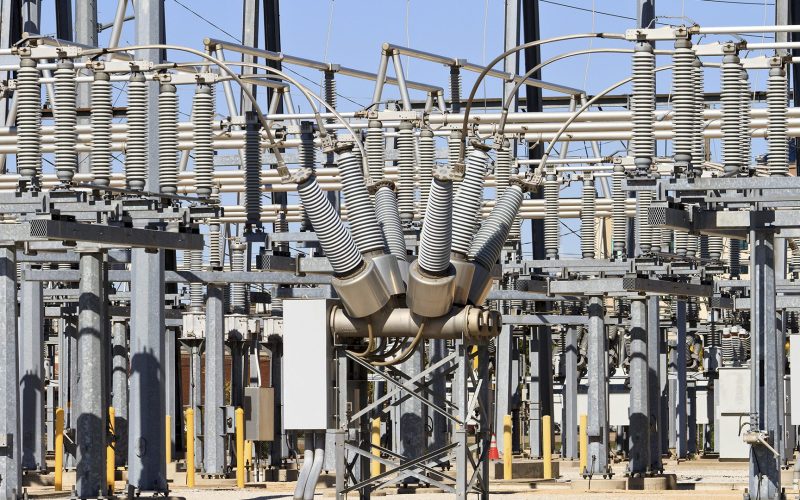THE VOICE FOR THE ENERGY CONSUMER

Stanford Levin, a former Illinois Commerce Commission, the utility regulatory agency in Illinois, recently discussed the importance of transporting oil via pipeline in contrast to alternative methods. Pipeline transportation for.

Across the country, union laborers are standing up for construction jobs, like the proposed Atlantic Coast Pipeline, that pay family-sustaining wages. Dozens of union members held a rally at Capitol.

The editorial board of The Intelligencer recently called for a stop to the political posturing blocking new pipelines and the economic opportunities construction and end-use will create in the region.

WASHINGTON, D.C. — Consumer Energy Alliance (CEA) today commended President Donald Trump for signing a pair of Executive Orders that will allow the construction of the Keystone XL and Dakota.
CEA’s David Holt was quoted discussing the importance of pipeline infrastructure in decreasing energy costs for families. “Everyone—families, farmers, manufacturers, distributors, and small businesses—will benefit from the decision to green-light.

The editorial board of The Advocate recently came out in support of modern, state-of-the-art pipelines to move Louisiana’s economy forward. Modern pipelines built of high-quality metals and continuously electronically monitored.

The editorial board of NJ Business recognized the environmental benefits of new pipeline construction to meet the needs of New Jersey’s businesses for affordable, reliable power generation. And there’s a.

CEA’s Michael Butler discusses the importance of pipelines to Pennsylvania’s farmers. Some energy costs are easy to point out, like the diesel fuel needed to run tractors, combines and other.

CEA’s most recent pipeline infrastructure report was featured in Marcellus Drilling News. Earlier this week the Consumer Energy Alliance (CEA) released a disturbing report on the U.S. oil and gas.
David Holt, President of CEA was interviewed about the impacts of pipelines on utility costs for families and small businesses. “I don’t believe that most of the protesters out there.